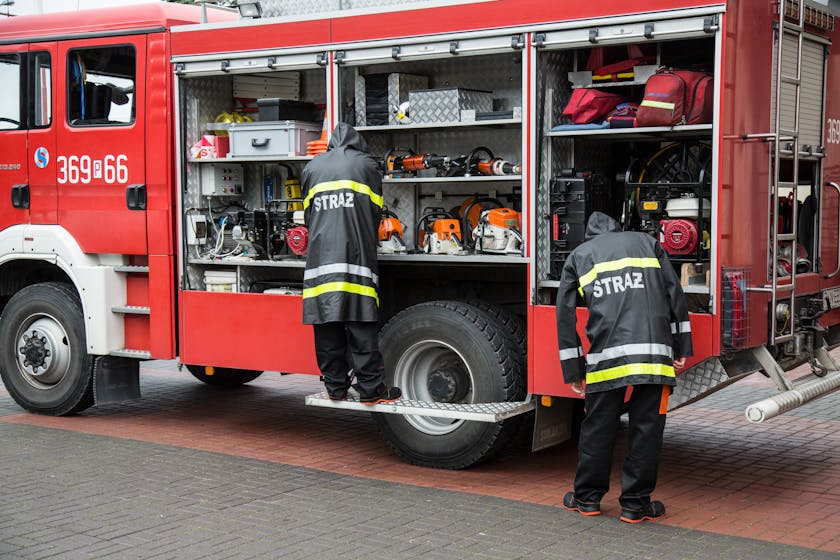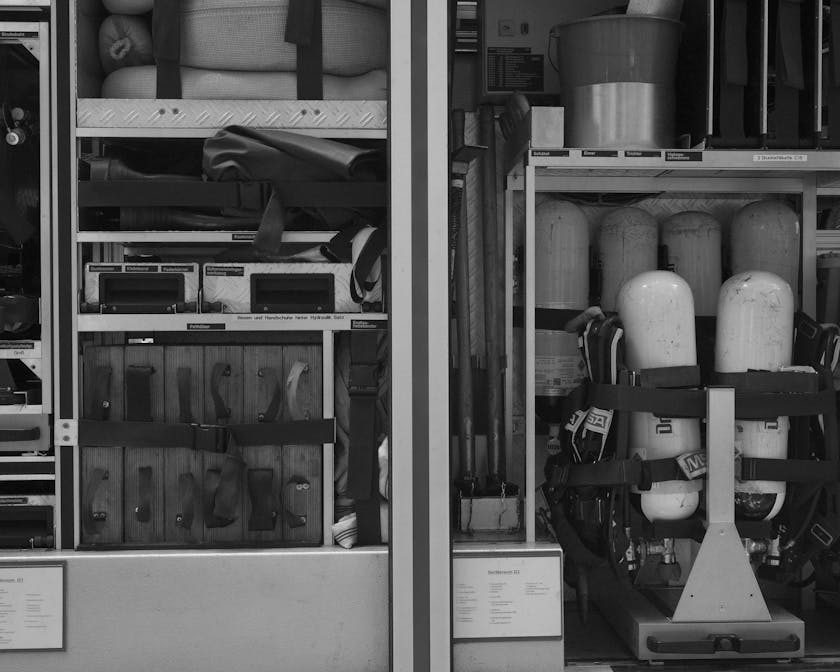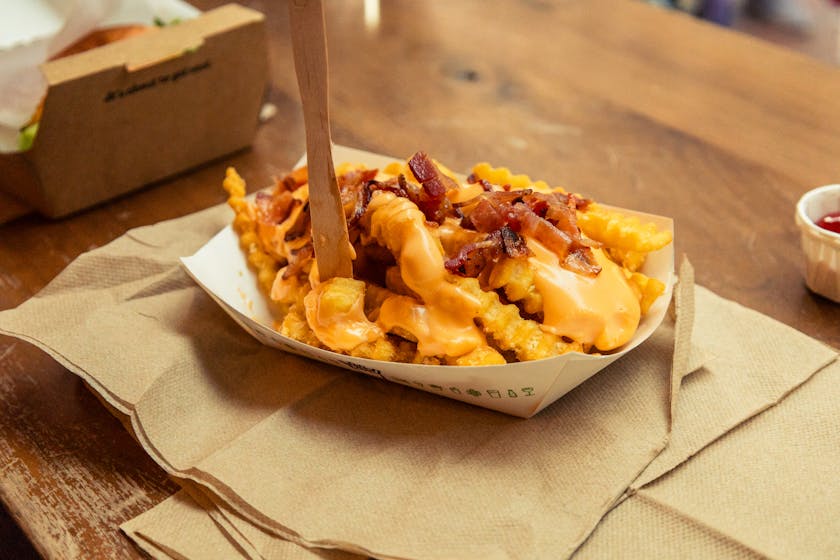When considering emergency preparedness, bulk meal storage is a fundamental aspect that ensures you and your family can weather any unexpected situations with less worry about sustenance. In this comprehensive guide, we’ll explore how to effectively store meals in bulk as a part of your emergency preparedness plan.
Understanding the Basics of Bulk Meal Storage
Bulk meal storage isn’t just about stockpiling food; it’s about doing so intelligently, ensuring longevity, nutritional value, and ease of use during emergencies. To start, assess your storage space and ensure it’s cool, dry, and away from sunlight. Basements, closets, or a dedicated pantry are ideal spaces.
Selecting the Right Food for Storage
The cornerstone of bulk meal storage is selecting foods with a long shelf life that provide balanced nutrition. Opt for whole grains like rice, quinoa, and oats, which can last for years when stored properly. Canned goods are also essential; vegetables, fruits, meats, and soups provide necessary vitamins and proteins.
Packaging and Containers Matter
Proper packaging is crucial in prolonging the shelf life of your stored food. Use airtight containers made of food-grade materials. Vacuum-sealing is an excellent option for dry goods, and mylar bags with oxygen absorbers can prevent spoilage for an extended period.
Creating a Meal Plan for Emergencies
Having a well-thought-out meal plan can ease stress during emergencies. Plan meals that utilize similar ingredients to simplify your storage and reduce waste. Remember to consider special dietary needs and preferences of your household.
Rotating Your Food Supply
To avoid waste and maintain a fresh supply, rotate your stored foods by using the oldest items first and replacing them with new purchases. This practice, known as “first in, first out,” ensures your bulk meal storage is always viable for emergencies.
Storing Water and Cooking Essentials
Water is just as crucial as food. Store at least one gallon of water per person per day, for drinking and sanitation. Also, include a portable stove and fuel in your storage, so you’re prepared to cook without utilities.
Integrating Bulk Meal Storage into Once-a-month Cooking
For those who practice once-a-month cooking, integrating bulk meal storage into your routine can streamline your process. Prepare meals that freeze well, label them with dates and contents, and stack them efficiently in your freezer or storage space.
Maintaining Nutritional Balance
It’s essential to maintain a balanced diet even in emergencies. Include a variety of protein sources, fruits and vegetables, and carbohydrates in your storage. Consider supplementing with multi-vitamins to fill any nutritional gaps.
Adapting Meals for Allergies and Dietary Restrictions
Emergency preparedness should be inclusive of all dietary needs. Label stored meals clearly with allergen information and ensure there are options available for those with dietary restrictions.
Tools and Accessories for Efficient Storage
Invest in shelving units, can organizers, and freezer containers to maximize space and keep your bulk meal storage organized. Labeling each item with the date of purchase and expiration will help in keeping track of your inventory.
Conclusion: The Importance of Being Prepared
While we hope never to face a dire situation, being prepared with a robust bulk meal storage system can provide peace of mind. By following these tips, you can ensure your family has access to nutritious meals during any emergency.




